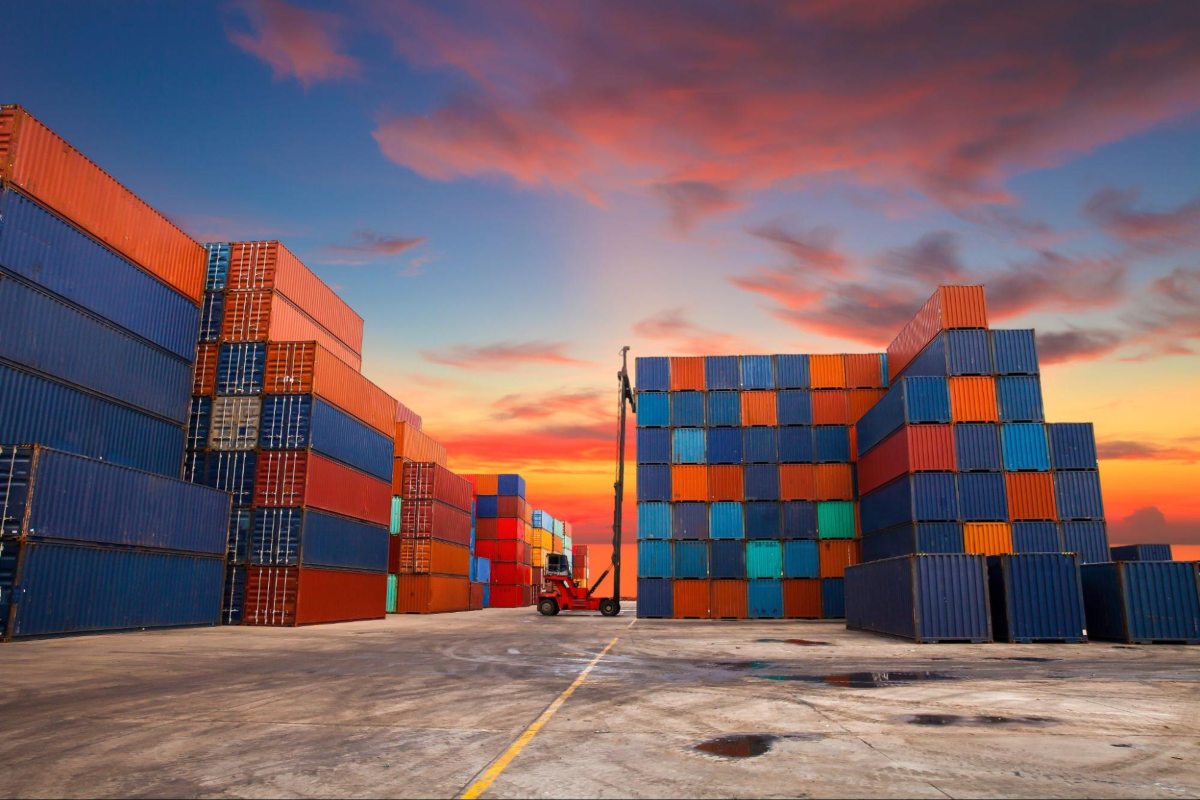Expanding your business internationally is an exciting milestone, but it comes with its share of complexities.Read More
Before initiating international shipments, it’s crucial to understand the market in Dubai. The United Arab Emirates (UAE) is known for its consumer-driven economy, with a high demand for luxury goods, fashion, electronics, automotive parts, and food products from the UK. Conducting market research helps identify gaps and ensures your product meets local regulations and consumer expectations. Additionally, Dubai’s business-friendly environment, free zones, and strategic location make it an ideal hub for wider Middle East and North African (MENA) distribution. When shipping internationally, documentation is key. For shipments from the UK to Dubai, the following are commonly required: Ensure all documents are accurate to avoid delays or penalties at customs. Dubai’s customs regulations are generally straightforward, but it’s essential to comply with them fully. Goods entering the UAE are usually subject to a 5% import duty, although certain items may attract higher tariffs or be exempt. Alcohol and tobacco, for instance, carry significantly higher duties. Products must also adhere to specific labelling and safety standards. For example, food items require labels in Arabic and English and must have a valid shelf life. Collaborating with a local customs broker can simplify the process and ensure your shipment complies with all requirements. The best method of shipping depends on your goods and urgency: Your logistics partner should help determine the most suitable option based on your business needs and budget. Choosing a reliable freight forwarder or logistics company with experience in shipping from UK to Dubai is crucial. Look for providers that offer end-to-end services including customs clearance, warehousing, last-mile delivery, and real-time tracking. A trustworthy partner can help you navigate paperwork, avoid delays, and ensure that your goods reach Dubai efficiently and cost-effectively. They may also advise on optimising packaging, consolidating shipments, and handling returns. Consider Using Free Zones in Dubai Dubai offers several free zones that simplify the process of doing business and importing goods. These zones offer tax benefits, 100% foreign ownership, and streamlined customs processes. Setting up a presence in one of these zones, such as the Dubai Airport Free Zone (DAFZA) or Jebel Ali Free Zone (JAFZA), can reduce costs and improve operational efficiency. Post-Brexit, the UK has actively pursued trade agreements to strengthen international ties. While there is no direct free trade agreement between the UK and UAE as of now, ongoing negotiations and partnerships may impact future tariffs, procedures, and costs. Stay up-to-date with changes to international trade laws, VAT regulations, and any new bilateral agreements that could affect your shipping process or pricing strategy. Expanding your business internationally and shipping from UK to Dubai is an achievable goal with the right strategy and support. By understanding market demands, following customs procedures, choosing reliable logistics partners, and staying informed about trade policies, you can create a seamless, efficient shipping process that supports your business growth in the Middle East. With careful planning and a commitment to compliance, international shipping becomes not just manageable—but a powerful driver of success.Understand the Market and Demand
Know the Required Documentation
Understand Customs and Duties in Dubai
Choose the Right Shipping Method
Partner with Experienced Logistics Providers
Stay Informed About Trade Agreements
Final Thoughts





